About
In the summers of 2018 and 2019, Judith Raiskin, University of Oregon Associate Professor of Women’s, Gender, and Sexuality Studies, and Linda Long, University of Oregon Curator of Manuscripts, filmed 83 video interviews with lesbians who came to Eugene, Oregon between the 1960s -1980s and who are now in their 60s, 70s, and 80s.
A Message from the Project Director
Judith Raiskin, July 2020 (pictured here in 1984)
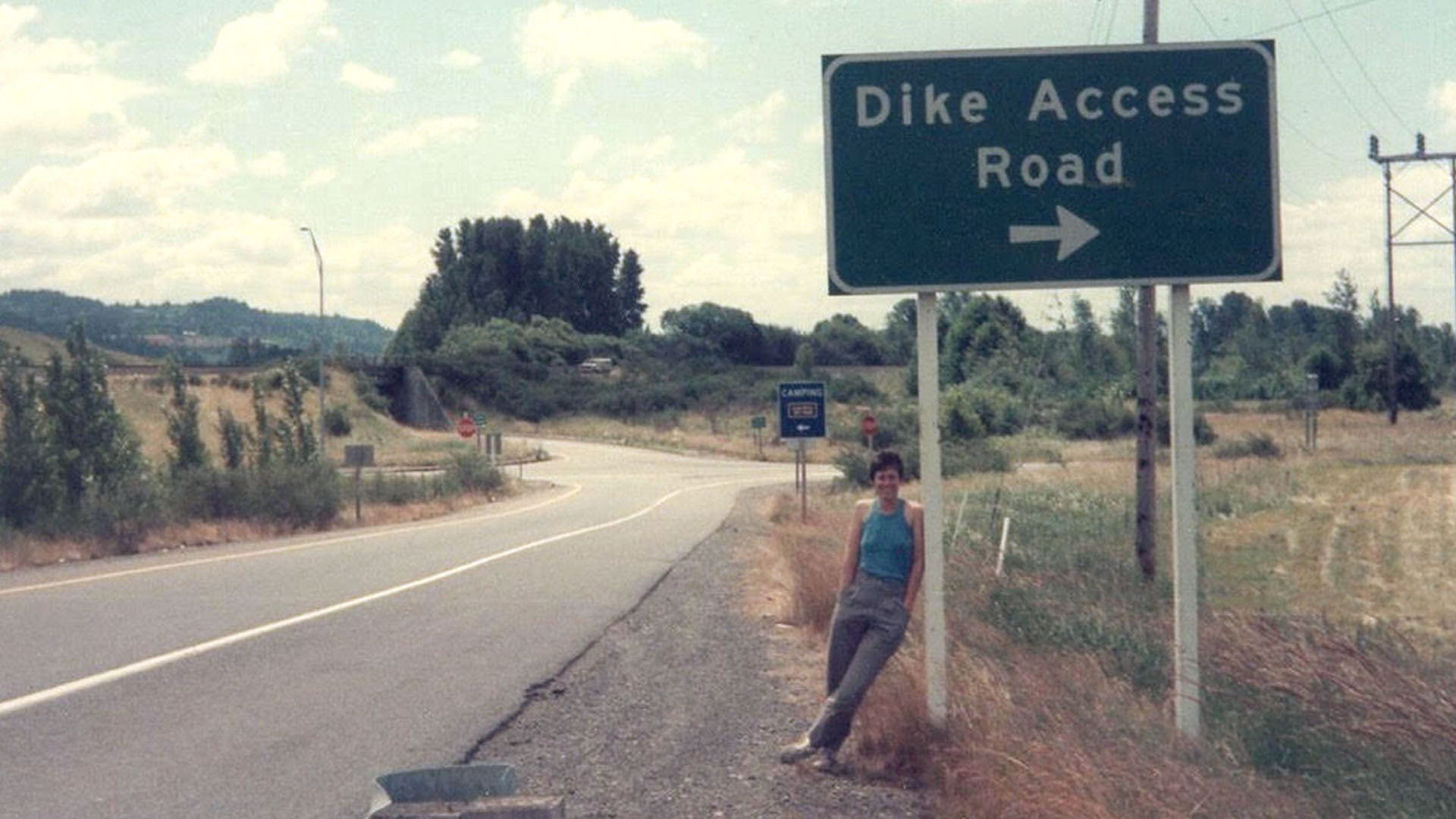
Hundreds of lesbian-identified women migrated to Eugene from the late 1960s to the 1980s and each one came with her own history, questions, creativity and desire to make community. In 2016 I attended a memorial service for a woman who was central to the lesbian community and deeply loved. Her friends, now in their 60s and 70s, shared photo albums full of pictures of groups of young women gloriously engaged in work and play. They shared stories that celebrated their friend and all their relationships over the years. It was a rich history that I thought must not be lost.
Luckily, preserving lesbian culture is a passion of Linda Long, Curator of Manuscripts at the University of Oregon Special Collections and Archives. She had already created magnificent collections that were relevant to the history of Eugene lesbians and important to lesbian history in general. We thought we would be a good pair for such a project: I am professor of Women’s, Gender and Sexuality Studies with a Ph.D. in literature who teaches LGBTQ history and culture and loves to hear life-stories and interpret narratives. Linda has spent her career building collections and has the archival skills, the passion for history, and the phenomenal memory necessary to organizing such a project.
When Linda and I sent out word that we were interested in interviewing anyone who participated in the lesbian migration to Eugene in the 1960s-80s, we were inspired by the enthusiastic response of the women who crowded into our orientation meetings and brought with them boxes of business records, diaries, letters, photographs, buttons and T-shirts they had been saving, each knowing that what they built in Eugene was historically important.
I experienced the interviews as mutual invitations: I asked the narrators to come answer my questions and tell me their stories and they invited me to appreciate their struggles, joys, and inspiring accomplishments. By making their interviews public, the narrators generously extend this invitation to you, too.
I hope that this website and the Outliers and Outlaws digital exhibit does justice to this history by curating the collection and suggesting fruitful approaches for scholars, researchers, students, high school and college teachers, and queer young people who are curious about their cultural history. Envisioning a future depends on knowing the past. The young women who came to Eugene are now lesbian and queer elders whose hard-won wisdom can offer us guidance.
The forthcoming documentary will focus on several of the narrators whose years in the Eugene lesbian communities informed their remarkable life paths.
Filming the Oral Histories
Welcome to a story told from 83 points of view. This project is both a collective history and a collection of individual life-stories that tell us a great deal about lesbian life. Using a metaphor appropriate to Oregon, this project is about both the forest and the trees.
We limited our interviewing pool to those women who lived in Eugene between the late 1960s countercultural westward migration and the transformative anti-gay Measure 9 in Oregon in 1992. With the help of friends in the lesbian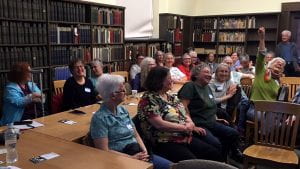 community we assembled a list of contacts and sent out an email inviting those who were interested in being interviewed to come to an orientation meeting in Special Collections at the University. We were surprised by the enthusiastic response and we held two crowded meetings in the summer of 2018. Many of the women hadn’t seen each other in many years and the atmosphere was raucous and celebratory. Some came from out of state to participate. They added other names to our contact lists, bringing the total to about 150. That list continues to grow.
community we assembled a list of contacts and sent out an email inviting those who were interested in being interviewed to come to an orientation meeting in Special Collections at the University. We were surprised by the enthusiastic response and we held two crowded meetings in the summer of 2018. Many of the women hadn’t seen each other in many years and the atmosphere was raucous and celebratory. Some came from out of state to participate. They added other names to our contact lists, bringing the total to about 150. That list continues to grow.
We started interviewing in the summer of 2018 and quickly fell into a daily routine. We scheduled 2 to 3 interviews a day and met narrators at a mailbox by the library and walked each one down to the studio in the basement of the library. The library staff watched this procession with fascination. Prior to the interview we sent out a life chronology form; many of the narrators spent a lot of time filling it out and said they were grateful for the opportunity to “take stock” of their lives. With the bright studio lights trained on them, many of the narrators were initially intimidated but once they began telling their stories, that discomfort seemed to evaporate. I had warned them that I would not be engaging in the kind of verbal feedback most conversations rely on but would show them with my eyes and face that I was engaged with their stories.
Oral history projects do not start with academic theses or hypotheses so our questions were fairly open-ended, allowing the narrator to create her own path. We began to 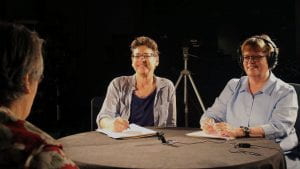 see that our role was to help form whatever story arc the narrator was creating. We asked each narrator to share as much of her childhood as she wanted to. Some spent quite a bit of time describing the world that shaped them before coming to Eugene, while others started their stories at the point they left home. There were several questions we asked most of the narrators including how they understood their sexual identity, what brought them to Eugene, and what memories they have of the lesbian community. We asked them to try to paint a picture with their descriptions and sometimes followed up with clarifying questions about dates and locations.
see that our role was to help form whatever story arc the narrator was creating. We asked each narrator to share as much of her childhood as she wanted to. Some spent quite a bit of time describing the world that shaped them before coming to Eugene, while others started their stories at the point they left home. There were several questions we asked most of the narrators including how they understood their sexual identity, what brought them to Eugene, and what memories they have of the lesbian community. We asked them to try to paint a picture with their descriptions and sometimes followed up with clarifying questions about dates and locations.
As they described the neighborhoods they lived in and located the businesses and bars they built and frequented, Eugene began to look different to us. “The Riv Room is where the Actors Cabaret Annex now is. Mother Kali’s Books was first on Lawrence, then at 5th and Adams, then on Franklin. Mama’s Home Fried Truck Stop is where Pegasus Pizza is now. Jackrabbit Press was above the Grower’s Market.” While lesbian Eugene is still here, there is a faint trace all around the city of where it had been.
These oral histories bring those traces into sharp focus and connect the Eugene lesbian past with the present. Many of the narrators are retired and they continue to create, protest, and contribute to artistic and civic projects. Having lived in communal spaces when they were young, many fantasize about coming back together either by taking over the top two floors of a downtown retirement home or building a co-housing community. At the end of our first round of interviews, we threw a large garden party for 70 narrators and their families. We hoped that gathering them once again to celebrate the project might also provide space for organizing around issues of aging and housing. If anyone could imagine better ways of living into old age, it would be these innovative and brave women.
Project Directors
Project Directors
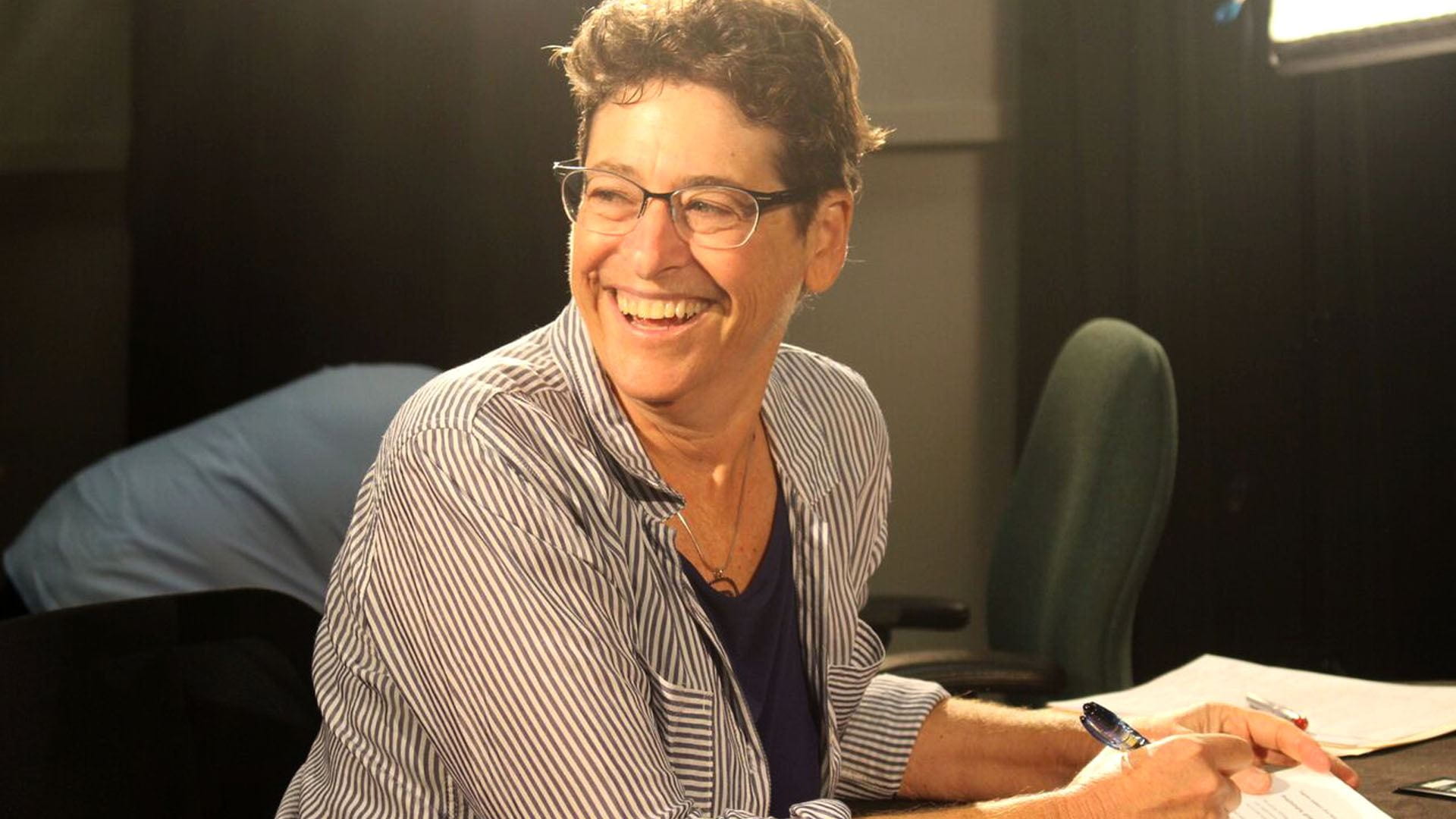
Judith Raiskin
Professor of Women’s, Gender, and Sexuality Studies; University of Oregon
Judith Raiskin earned her Ph.D. from Stanford University in English and has been on the faculty of the University of Oregon in Women’s, Gender, and Sexuality Studies since 1995. Professor Raiskin’s areas of research and publishing include decolonial literature and cultural studies focusing on gender and comparative feminist theory. As a literary critic, she edits the Norton Critical Edition of Jean Rhys’s novel Wide Sargasso Sea and is the author of Snow on the Cane Fields: Women Writers and Creole Subjectivity. She has also published her research on legal status instability and same-sex parenting. She teaches courses in the fields of disability studies, LGBTQ history and culture, literature, and archival research. She is currently the faculty director of the LGBTQ Scholars Residential Academic Community and is on the Executive Committee of the Disability Studies Program.
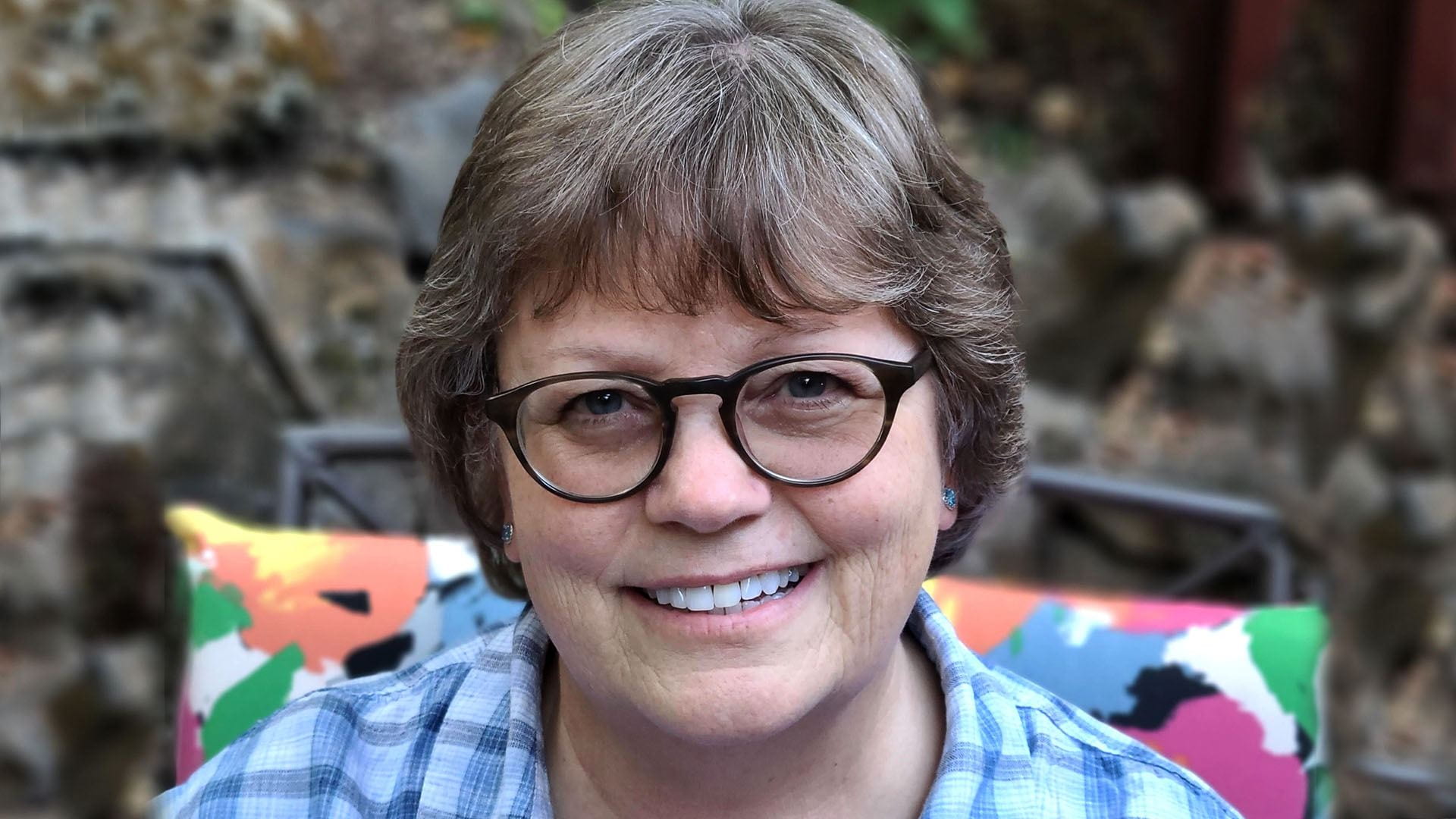
Linda Long
Curator of Manuscripts, University of Oregon
Linda Long has been an archivist for over forty years with a wide range of experiences in the archives field, including processing, reference, outreach and instruction and most notably, collection development. She is currently the Curator of Manuscripts at the University of Oregon Libraries. She received her Masters in Archives Administration and History from Case Western University, a Masters in Librarianship from Brigham Young University, and a BA in History from Seattle University. Before coming to the UO, she worked as an archivist at Stanford University and at Consumers Union, Inc. Her research interests include historical and literary manuscripts; gender, sexuality and race; and research methodologies and instruction. She particularly enjoys orienting researchers to the use of original, primary sources. She has presented at numerous conferences and has published in archives and history journals.
Creative Team
Creative Team
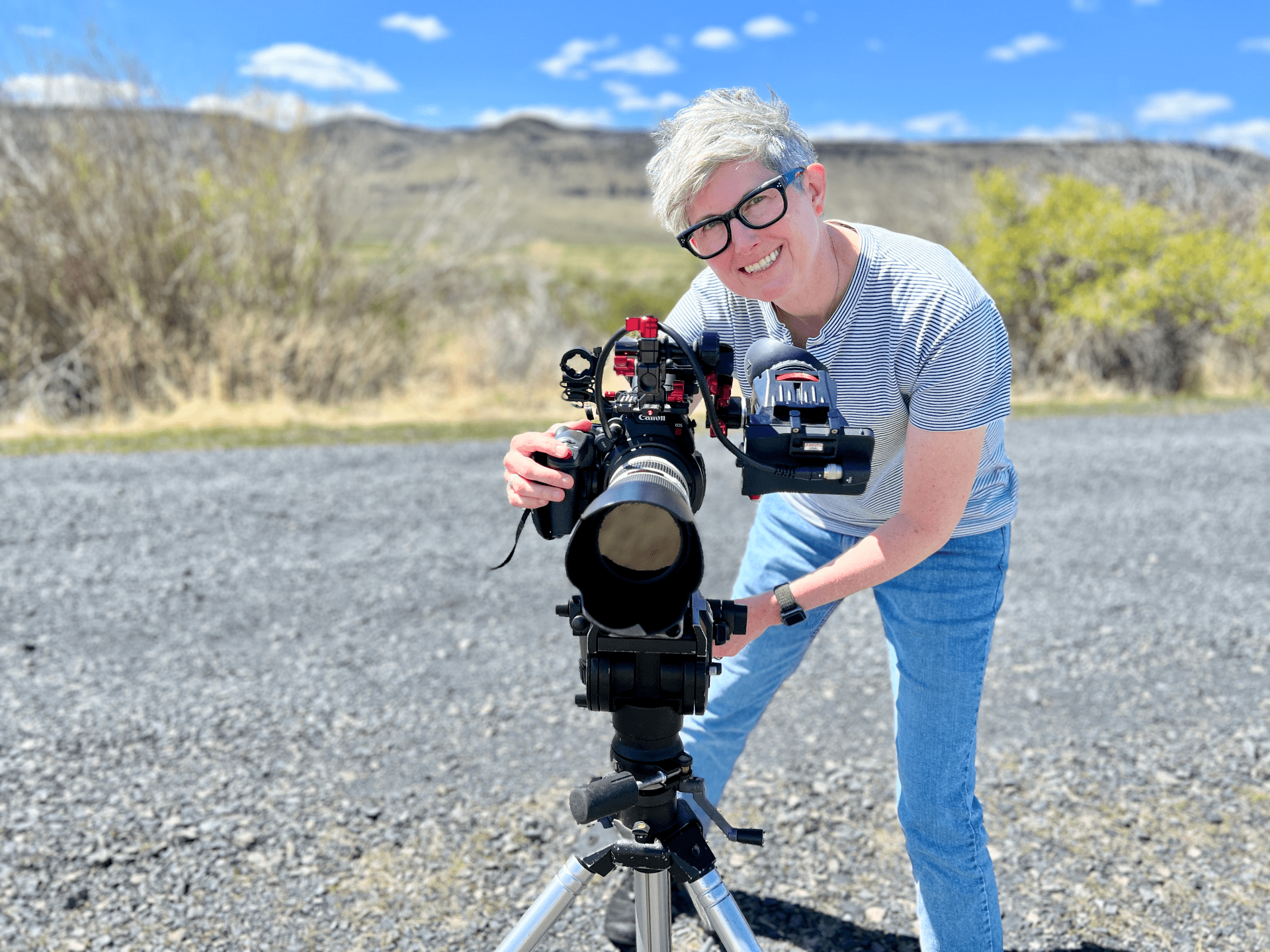
Courtney Hermann
Media Producer, Boxcar Assembly
Courtney Hermann is a documentary filmmaker and non-fiction media producer, the co-author of the 7th edition of Directing the Documentary, and an Associate Professor of Film at Portland State University. Her independent films include the short work Burton Before and After (2017), the broadcast-length documentaries Crying Earth Rise Up (2015) and Standing Silent Nation (2007), and the feature-length documentary Exotic World and the Burlesque Revival (2012). A co-founder of the full-service production company Boxcar Assembly, Courtney works with non-profit and government organizations to produce oral history projects, identity pieces, branded media content, and fundraising appeals. Boxcar frequently collaborates with the Northwest Portland Area Indian Health Board on media projects including a short documentary funded by the Indian Health Service, There’s Heart Here (2019).
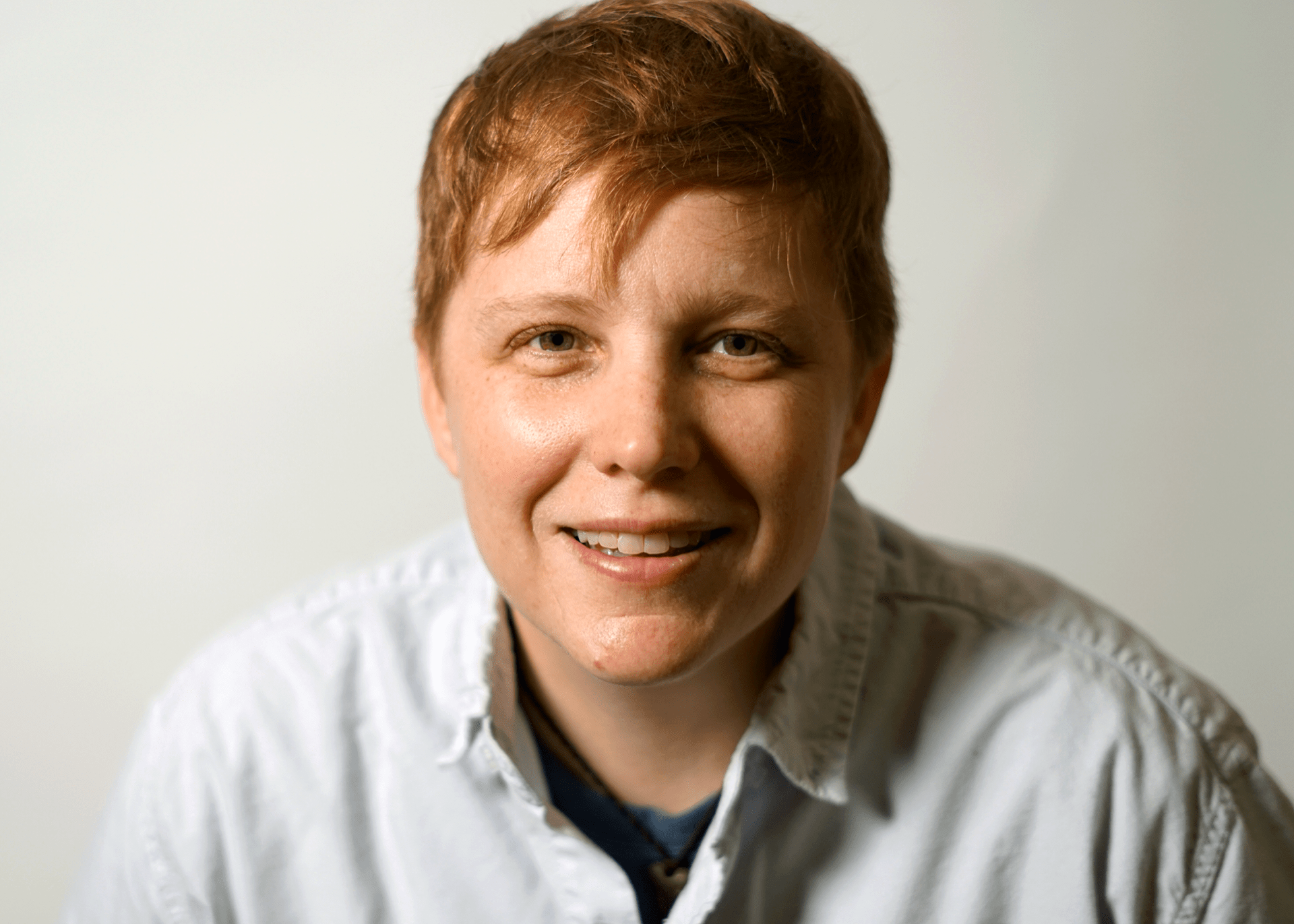
Kerribeth Elliott
Media Producer, Boxcar Assembly
Kerribeth Elliott is an editor of documentary films, reality television, sports featurettes, and branded media pieces. Her trouble-shooting skills in production were honed during her time in A/V, where she constructed and shot big events. Kerribeth won a regional Emmy Award in 2014 for her editing on the “Elk Hunt” episode of the reality show Adrenaline Hunter. She earned a Bachelor’s degree in film and video production from Columbia College Chicago. She is the co-founder of Boxcar Assembly, a full-service production company specializing in non-fiction film production.
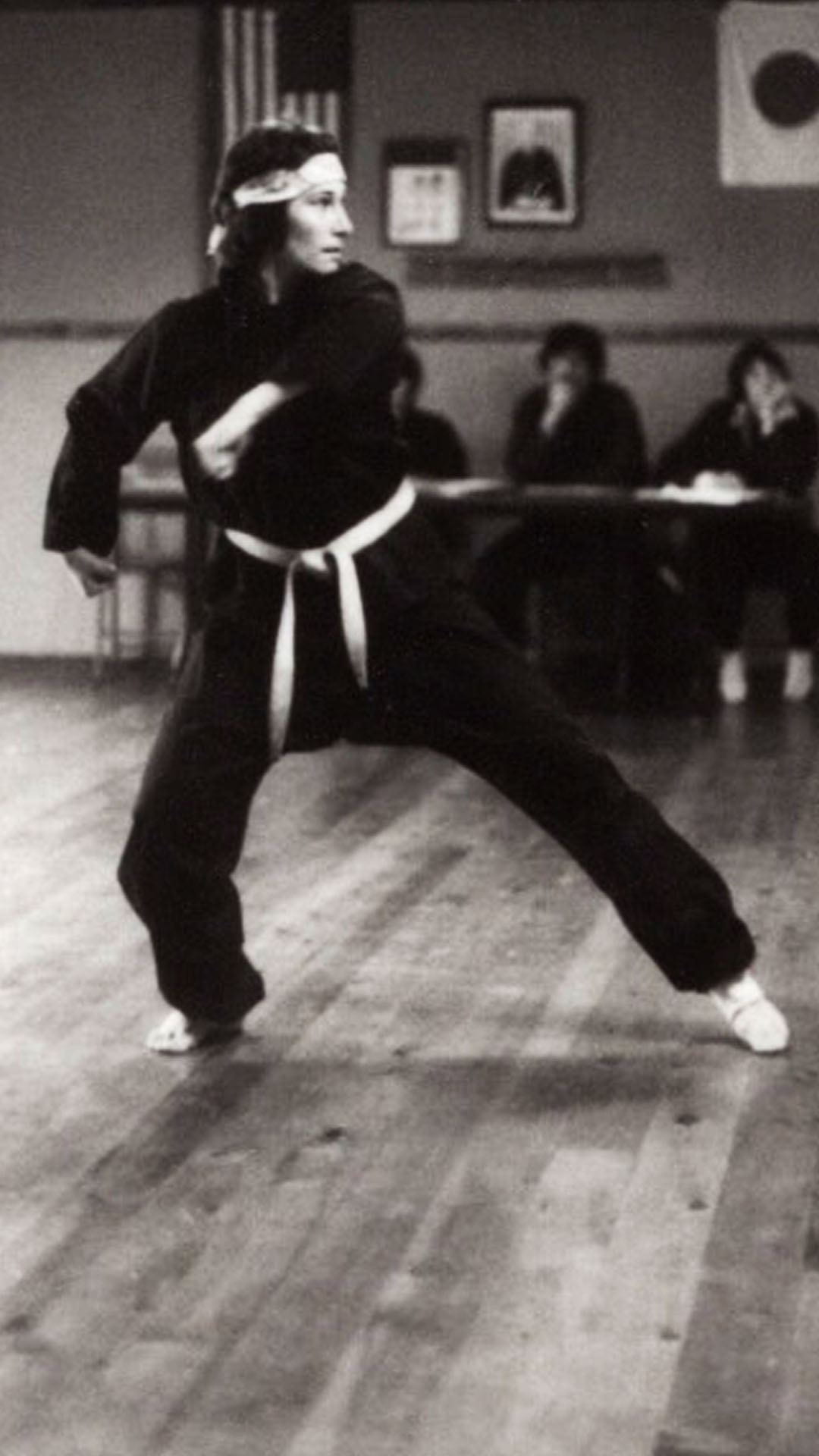
Acknowledgments
Acknowledgments
Appreciation to the narrators
Aggie Agapito
Janet Anderson
Lisa Renee Anderson
Evelyn Anderton
Janice Baker
Kate Barry
Carole Bennett
Jennifer Bills
Judy Boles
Gladys Campbell
Donella-Elizabeth Alston Cleveland
Shoshana Cohen
Flaxen Conway
Diane DePaolis
Carol (Horne) Dennis
Susan Detroy
Sarah Douglas
Marlene Drescher
Dianne Dugaw
Jain Elliott
Marilyn Farwell
Toby Finkelstein
Ellie Fletcher
Joanne Fletcher
Christine Frazer
Judy Goldstein
Susie Grimes
Karm Hagedorn
Catherine Harris
Alicia Hays
Lisa Hellemn
Saro Hendrickson
Kathryn Hunt
Lorraine Ironplow
Debora Landforce
Anne Laskaya
Enid Lefton
Lynne Lucas
Debby Martin
Maureen McCauley
Linda McIntosh
Karen McPherson
Harriet Merrick
Gretchen Miller
Myeba Mindlin
Kendra Morrigan
Lyn Neeley
Barbara Newman
Connie Newman
Ginger Newman
Marilyn Picariello
Lynn Pinckney
Martha Pitts
Amanda Powell
Roberta Pupilli
Gail Pyburn
Peg Rees
Ellen Rifkin
Donna Rose
Linda Rose
Harriet Rubin
Barb Ryan
Jill Sager
Basja Samuelson
Maura Scanlon
Adelka Shawn
Sally Sheklow
Pat Shirley
Vicki Silvers
Laura Newell Stockford
Nadia Telsey
Kate Thompson
Paula Jo Vaden
Lina Van Brunt
Marie Vitulli
Isabel Webb
Rakar West
Kaseja Wilder
Gail Winterman
Narrators generously contributed their stories, photographs, and documents in support of the archive, digital exhibit, documentary, and this website.
Project Funders
University of Oregon Libraries
Center for the Study of Women and Society, University of Oregon
Tom and Carol Williams Fund for Undergraduate Education, University of Oregon
Faculty Research Award, University of Oregon
Oregon Humanities Center, University of Oregon
Oregon Cultural Trust
Special thanks to the University of Oregon Library staff
The Eugene Lesbian Oral History Project relied on the generosity and enthusiastic support of many people who work in different departments of the University of Oregon Knight Library. Mark Watson, Interim Dean of the Libraries, contributed funds for the transcriptions of the interviews and the allocation of staff time. David de Lorenzo, Giustina Director of
Additional Support
Molly McBride, Research Assistant
Mackenzie Karp, Associate Director of Foundation Relations
Kate Petcosky, Director of Strategic Research Initiatives